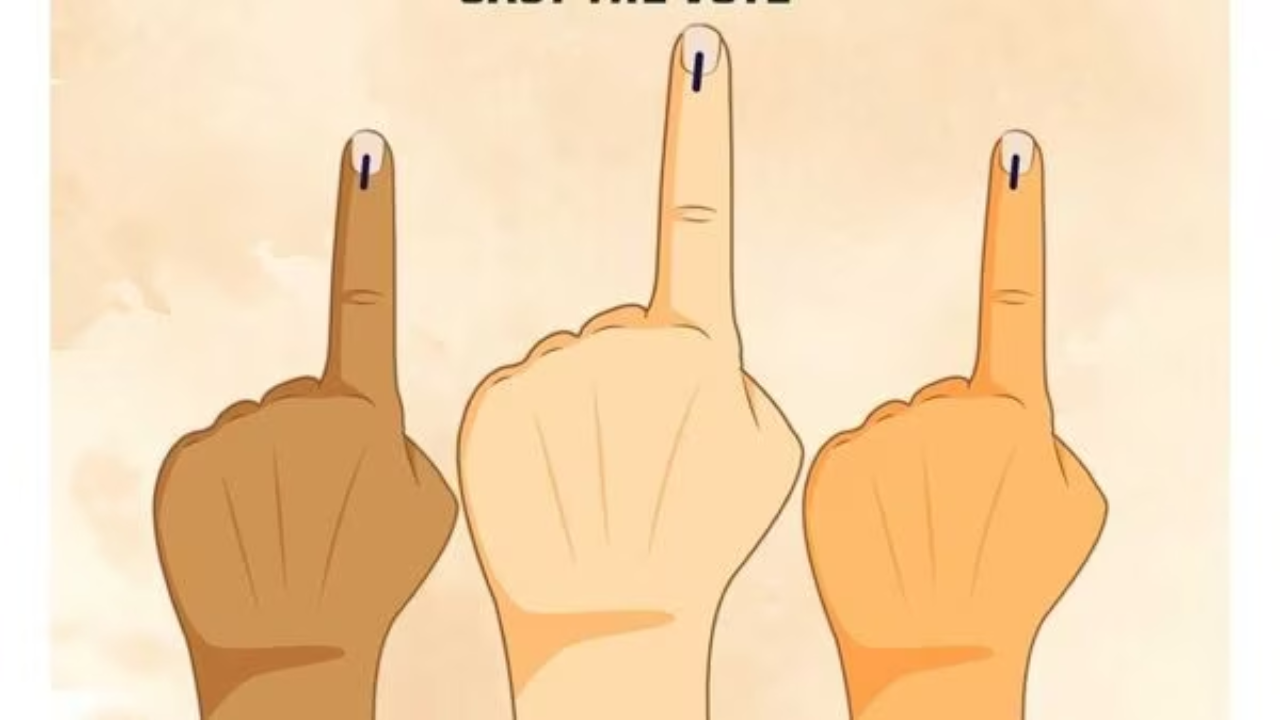The democratic process is the cornerstone of governance in India, with elections serving as a crucial mechanism for citizen participation and decision-making. From state assembly elections to local panchayat polls, each electoral event shapes the political landscape and determines the direction of governance. In this comprehensive exploration, we delve into the upcoming election dates and recent results across various states, offering insights into the dynamic nature of Indian democracy.
Telangana Election Date:
As of the latest information available, the election date for Telangana has not been announced. However, given the five-year term of the Telangana Legislative Assembly, elections are typically held towards the end of the current government’s tenure. The last assembly elections in Telangana were held in December 2018, resulting in the formation of the Telangana Rashtra Samithi (TRS) government led by Chief Minister K. Chandrashekar Rao. As the state prepares for the next electoral cycle, political parties are gearing up for a competitive campaign to win the mandate of the people.
Election Results in Rajasthan:
Rajasthan, known for its rich history and cultural heritage, has been a battleground state in Indian politics. In the most recent assembly elections held in December 2018, the Indian National Congress emerged victorious, securing a majority of seats in the Rajasthan Legislative Assembly. Ashok Gehlot was sworn in as the Chief Minister for the third time, leading a coalition government with the support of the Rashtriya Lok Dal (RLD) and independents. The Congress government has since been working to implement its agenda and fulfill its electoral promises, while the opposition Bharatiya Janata Party (BJP) continues to pose a formidable challenge.
2024 Election Date:
Looking ahead to the national level, the general elections in India are scheduled to be held in 2024 to elect members to the Lok Sabha, the lower house of the Parliament. The exact election date is yet to be announced, as it will be determined by the Election Commission of India in consultation with the central government. The 2024 general elections will be closely watched by political observers and citizens alike, as they will shape the trajectory of national politics and determine the leadership of the country for the next five years.
West Bengal Panchayat Election:
Panchayat elections play a crucial role in grassroots democracy, empowering local communities and enabling them to participate in governance. In West Bengal, the last panchayat elections were held in 2018, amidst significant political turmoil and controversy. The ruling Trinamool Congress (TMC) secured a landslide victory, winning the majority of seats in the rural local bodies. However, the elections were marred by allegations of violence, irregularities, and intimidation, leading to legal challenges and calls for electoral reforms. As West Bengal prepares for the next round of panchayat elections, efforts are underway to ensure free, fair, and transparent polls that uphold the principles of democracy.
Karnataka Election 2023 Date:
In Karnataka, the next assembly elections are scheduled to be held in 2023, marking the end of the current term of the Karnataka Legislative Assembly. The state has a history of political volatility, with frequent changes in government and intense electoral competition between the Congress, BJP, and regional parties like the Janata Dal (Secular). The outcome of the 2023 Karnataka elections will have significant implications for state politics and governance, as well as for national politics, given Karnataka’s status as a key battleground state.
Conclusion:
As India navigates the complex terrain of electoral politics, each election presents an opportunity for citizens to exercise their democratic rights and shape the future of the country. Whether at the state, national, or local level, elections serve as a barometer of public sentiment, reflecting the aspirations and concerns of the electorate. As we look ahead to the upcoming election dates and reflect on recent results, it is evident that the democratic process in India is vibrant, dynamic, and ever-evolving, driven by the collective will of the people to build a better future for themselves and their communities.

